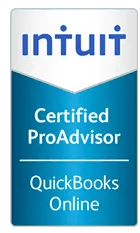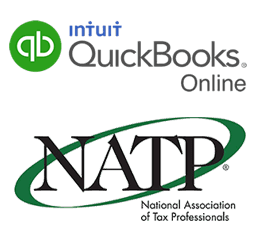Cash vs Accrual Accounting: Choosing the Right Method for Your Business
Accounting is the language of business, and choosing the right accounting method is like selecting the right dialect to communicate effectively. Among the key decisions you'll make as a business owner is whether to use cash or accrual accounting. Each method has its own merits and is suited to different business types and circumstances. Let’s dive into the differences between these two accounting methods to help you decide which one is the best fit for your business.

Cash Accounting: The Simplicity of Timing
Cash accounting is the more straightforward of the two methods. With cash accounting, you record income and expenses when they are received or paid, respectively. It's similar to keeping a checkbook, where transactions are logged when cash changes hands.
Advantages of Cash Accounting:
- Simplicity: Cash accounting is easy to understand and implement, making it an excellent choice for small businesses with straightforward financial operations.
- Tax Benefits: Smaller businesses often find that cash accounting can help manage tax liabilities by deferring income recognition until cash is received.
- Reduced Recordkeeping: Because cash accounting doesn't require tracking accounts receivable or accounts payable, it can reduce the administrative burden on your business.
Limitations of Cash Accounting:
- Limited Financial Insight: Cash accounting doesn't provide a complete picture of your business's financial health because it doesn't account for future income and expenses.
- Seasonal Distortion: For businesses with seasonal income or expenses, cash accounting can lead to skewed financial reports.
- Complex Transactions: As your business grows and you engage in more complex transactions, cash accounting may become less suitable.
Accrual Accounting: Capturing the Bigger Financial Picture
Accrual accounting, on the other hand, focuses on when revenue is earned and expenses are incurred, rather than when cash changes hands. This method provides a more comprehensive view of a business's financial performance by recording transactions when they occur, regardless of when the money actually flows in or out.
Advantages of Accrual Accounting:
- Accurate Financial Reporting: Accrual accounting provides a more accurate picture of your business's overall financial health by matching revenues and expenses to the periods in which they are earned or incurred.
- Better Planning: Accrual accounting enables you to make more informed financial decisions and better plan for the future since it accounts for future income and expenses.
- Credibility: Many investors, lenders, and creditors prefer accrual-based financial statements for their accuracy and completeness.
Limitations of Accrual Accounting:
- Complexity: Accrual accounting is more complex than cash accounting and may require professional assistance to set up and maintain.
- Tax Timing: Accrual accounting can lead to higher tax liabilities since it records income before cash is received.
- Increased Recordkeeping: Maintaining accounts receivable and accounts payable records can be more time-consuming and require careful management.
Choosing the Right Accounting Method for Your Business
The decision between cash and accrual accounting isn't one-size-fits-all. Your choice should align with your business's size, industry, and financial goals.
Consider Cash Accounting If:
- You run a small, service-based business with straightforward financial operations.
- Cash flow is a significant concern, and you want to match your tax liability to actual cash inflows and outflows.
- Your business primarily deals with immediate cash transactions.
Consider Accrual Accounting If:
- Your business is larger or growing rapidly, making comprehensive financial reporting more critical.
- You want to accurately match revenues and expenses to the periods in which they occur.
- You're seeking investment, loans, or other forms of external financing.
Whether you choose cash accounting for its simplicity or accrual accounting for its comprehensive insights, understanding the nuances of each method is crucial for effective financial management. Your choice should align with your business's size, industry, and long-term goals. Remember that switching between methods may have tax implications, so it's essential to make a well-informed decision from the outset.

















